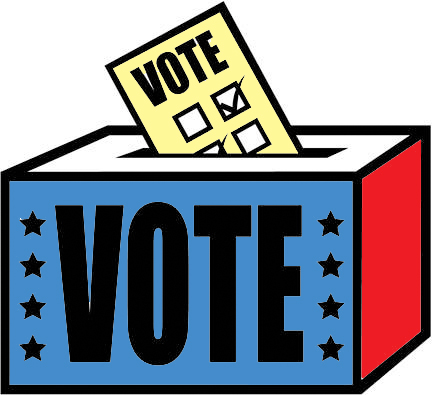Elections In General
There are those who think elections are all alike. But all elections are not created equal, and therefore the decision-making process is different.
Here in Texas, city council and school board are considered “non-partisan“, encouraging voters to pick whomever they think most closely reflects what they want those governing bodies to do.
Then, there are the party primaries. A primary election is to choose the individual who will represent your party in the general election. Allegedly, only members of the party get to pick their general-election candidate. Not so in open primary states of which Texas is one. (The issue of “open” primaries will be the subject of another blog post.)
 Last, there are the general elections where voters get to pick between the chosen candidates of each party.
Last, there are the general elections where voters get to pick between the chosen candidates of each party.
I’ve always taken the position that when the primary is over, it’s over. The party voters chose their candidate, and if it’s not my candidate (or when a candidate, not me personally), then I support the winner of my party’s primary. Why? Because when I go through the “general election” analysis, I always come down on the side of the Republican candidate.
But, you ask, what about third party or Independent candidates? There are several on our ballot. While it might be enticing to vote for one of them, that vote is one not cast for a Republican. Ross Perot gave us Bill Clinton. Need I say more?
Luke macias discusses this issue
Here’s a great podcast from Luke Macias of Texas Scorecard on this subject:
How i analyze & decide
My first question always is “How closely does this candidate represent my views on major issues?”
 My second question, specifically for legislative candidates, is “How will this candidate vote once in office?” That’s a completely different question than the first. Once elected, legislators are pressured by members of their caucus, by leadership, by lobbyists, and often don’t agree with much of what’s in a bill, but agree with some, meaning they vote by a scale of what they can live with and defend in public.
My second question, specifically for legislative candidates, is “How will this candidate vote once in office?” That’s a completely different question than the first. Once elected, legislators are pressured by members of their caucus, by leadership, by lobbyists, and often don’t agree with much of what’s in a bill, but agree with some, meaning they vote by a scale of what they can live with and defend in public.
For example, if you’re angry about the trans issue being forced on our young children, how could you possibly vote for a trans candidate, no matter what they say on the campaign trail on any other issue (Madeline Eden)? They’d never vote against themselves.

If you are a law abiding gun owner, how could you possibly vote for a candidate who says “Hell yes, we’re going to take your AR-15, your AK-47”, no matter what they say on the campaign trail on any other issue (Beto O’Rourke)? They’ll vote for “buy back”, another term for confiscation.
If you worry about illegal and dangerous fentanyl pouring over our borders, how could you possibly vote for a candidate who supports open borders, government payment for illegal immigrant teen abortions, and who served as a staff attorney for the ACLU, no matter what they say on the campaign trail on any other issue (Rochelle Garza)? They’ll vote pro-immigrant, which with what’s happening today, translates all too often to anti-citizen.
If you can’t pay your bills because food is skyrocketing, electricity is far higher than last summer, gas just to get to work or diesel needed to work is taking a huge chunk of your income, how could you possibly vote for a candidate (any Democrat because they’ll caucus with Nancy Pelosi) who supports out of control government spending? They’ll vote with the caucus, as evidenced by Joe Manchin who caved for a promise that never materialized. He got screwed by his own party, and his constituents got screwed by his cowardice.
 It doesn’t take much research – a few Duck-Duck-Go search entries -to find out what candidates have said about a variety of issues. Read their comments, believe them, and vote for the person who most closely aligns with your own beliefs.
It doesn’t take much research – a few Duck-Duck-Go search entries -to find out what candidates have said about a variety of issues. Read their comments, believe them, and vote for the person who most closely aligns with your own beliefs.